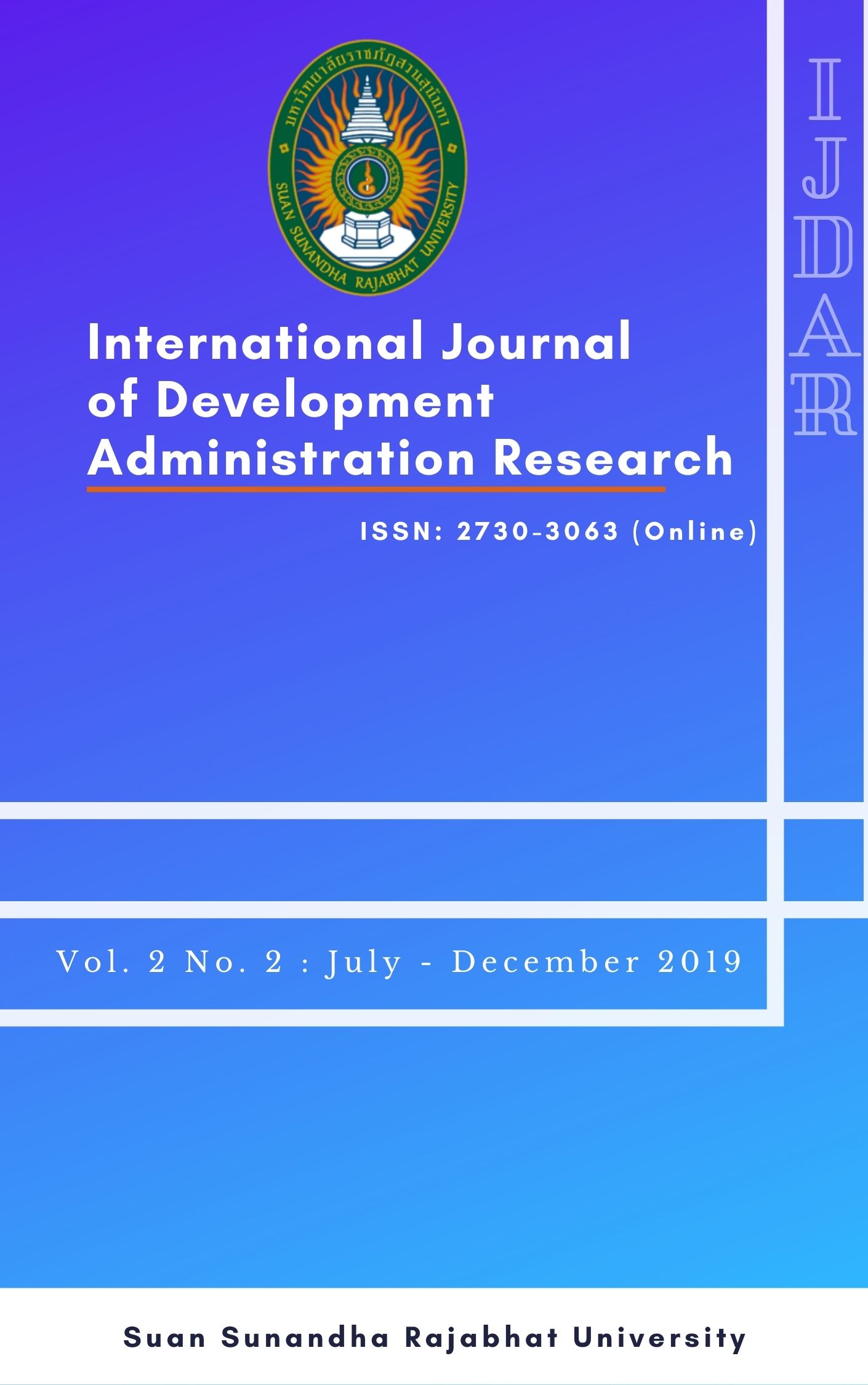Antibiotic Resistance Profiles of Salmonella Isolated Form Different Chicken meat Stalls at a wet Market in Thailand
Main Article Content
Abstract
Salmonella contamination is a common issue found in chicken meat and other meat products. This foodborne pathogen can survive in various sites in wet markets, especially food contact surfaces. Inadequate cleaning can lead to cross-contamination of this foodborne pathogen with a potential of antibiotic resistant ability in food sold at the wet markets. Ninety- four samples collected from chicken meat (36 samples) and food contact surfaces (58 samples) from three chicken meat stalls, Salmonella was detected in 35 samples (37.2%), of which 19 (57.6%), 8 (23.5%) and 8 (29.6%) samples were from stall A, B, and C, respectively. Chicken meat samples from stall A, B and C showed 66.7%, 50%, and 25%, and food contact surface samples from stall A, B, and C showed 52.4%, 9.1% and 33.3% of samples positive for Salmonella spp., respectively. Fifty-six of the selected Salmonella isolates were characterized for antibiotic resistance, most isolates (38 isolates) showed resistance to tetracycline, followed by ampicillin (26 isolates) and none observed resistance to ceftriaxone. Overall, 21 isolates have been observed as multidrug resistance (MDR), represented by 12 resistant profiles. This study suggests the possible vehicles that may facilitate Salmonella transmission between chicken meat and food contact surfaces or vice versa at a wet market. This is considered a serious public health concern as multiple MDR profiles have been observed in this study


